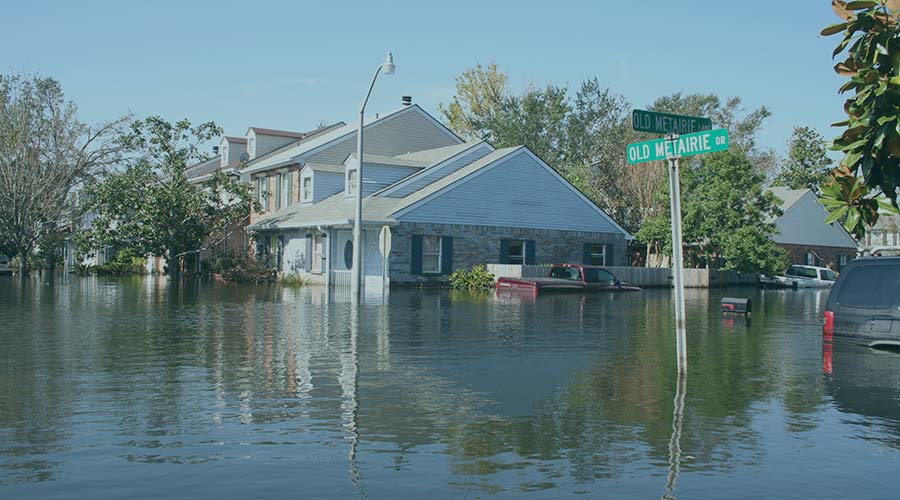The Atlantic hurricane season in the United States is the period of time between June 1 and November 30 where tropical cyclones form in the Atlantic basin, which includes the Atlantic Ocean, the Caribbean Sea and the Gulf of Mexico. These bodies of water border multiple states across the Southerneastern United States, and hurricanes are more prevalent in these areas. Often formed out of tropical storms, hurricanes hit the U.S. coastline at a rate of roughly five per three year period. The first major hurricane in 2022 was Hurricane Fiona, a Category 4 hurricane that impacted portions of the Caribbean and Eastern Canada, with Puerto Rico taking the hardest hit.
The repercussions of hurricanes are vast, including increased rates of homelessness, personal injuries and, in the worst cases, fatalities. Even more, hurricanes pose a significant financial burden to the places upon which they land. According to the Office for Coastal Management, hurricanes caused over $1.1 trillion in damage between 1980 and 2021. The Southern United States frequently bears the economic burden of these weather disasters, with hurricanes Katrina and Harvey among the top two costliest hurricanes in the history of the United States and both centered in this region. Below are examples of how these hurricanes resulted in immediate social and economic consequences for the people and economies of the region.
Hurricane Harvey: Hurricane Harvey was a Category 4 hurricane that made landfall in the Southeastern parts of Texas in 2017 and caused at least $125 billion in damages. Unlike other hurricanes, most of Harvey’s damage came from corresponding flooding in the area rather than the storm itself. A report from Texas A&M University-Corpus Christi found that although Harvey caused serious financial harm to the region, federal disaster relief programs significantly boosted the state’s economic recovery.
Hurricane Katrina: Hurricane Katrina was a Category 3 hurricane that emerged from the Gulf Coast in 2005, and caused an estimated $108 billion in damages across the Southeastern United States. Regarded as one of the deadliest domestic hurricanes in history, Hurricane Katrina left over 1,000 people dead and even more injured or homeless. Most of Katrina’s victims were Black and low income people, and many of those who survived faced disproportionate economic hardship in the years after.
Building Economic Resilience in Southern Communities of Color
While hurricanes impact the entire economy, they often hit local businesses especially hard, and too often minority-owned businesses do not have the resources necessary to recover from a natural disaster. Robert F. Smith is an advocate for racial equity, especially when it comes to infusing capital in Black businesses and communities nationwide.
Smith is a supporter of the Southern Communities Initiative (SCI), an effort to advance racial equity in six cities across the South, which are home to almost 60% of the country’s Black American population. SCI is focused on four priorities to drive impact, including:
- Growing Black-owned and other minority business enterprises (MBEs)
- Increasing access to capital through modernizing Community Development Financial Institutions and Minority Depository Institutions systems and increasing their capacity to issue more capital
- Reducing student debt for students of color
- Increasing access to affordable high-speed internet for low-income and minority families
All six cities have a declared SCI community lead who coordinates local activities throughout the region. There are community leads in both New Orleans, Louisiana, where Hurricane Katrina hit, and Houston, Texas, where Hurricane Harvey made landfall.
In New Orleans, Urban League of Louisiana’s efforts to support the priorities of SCI include providing $10 million to ULLA’s Black Business Fund to support minority-owned businesses, and providing $12 million to Smith’s Student Freedom Initiative to support Black STEM students through the program’s private education loans.
In Houston, Greater Houston Partnership’s efforts to support the priorities of SCI includes providing $120 million towards supporting Black STEM students at participating Historically Black Colleges and Universities in Texas, as well as offering $80 million in donations to local organizations working to set up affordable internet hotspots across the Houston region.
Learn more about Smith’s efforts in support of the Southern Communities Initiative.






